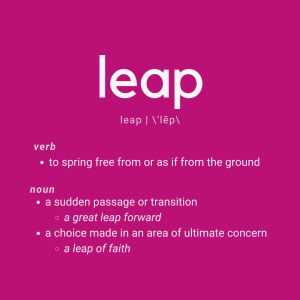I recently witnessed the birth of a cynic. It was one of the saddest things I’ve ever seen. And as I watched it happen, I felt powerless to stop it.
A smart, effective, loyal employee had endured several years of oppressive management at a job he liked and was now a working for new ownership and new promises of good things ahead. He was hopeful that the new owners were the real deal, and he had begun to muster his courage and rally once more to help grow something creative within the workplace that he valued for its product and coworkers – if not for its previous bosses.
And then came the betrayal. The massive bait and switch.

As the news came that the promises the new owners had made not two weeks before would be pushed aside in the wake of new, destructive rules and harsh communication, the hopeful part of this employee – the part that had weathered every previous storm with grace and professionalism – seemed to die. This was the proverbial last straw. And when the hopeful glimmer of that employee faded, in its place emerged the Cynic.
Cynics are, at their core, profoundly disappointed idealists. Cynics are incredibly important to notice in the workplace, because they are very protective and shield people from getting their hopes dashed again. The difficulty of cynical views – even if they are profoundly practical on one level – is that they prevent hope from moving into action. Without hope, creativity cannot expand and curiosity and imaginative thinking fail, and innovation and imagination become nearly impossible.
There is much more to this story and volumes to be written on this topic, but my question is this: who are the cynics in your workplace and what are they telling you about the faith and trust that exists in your company’s culture?





